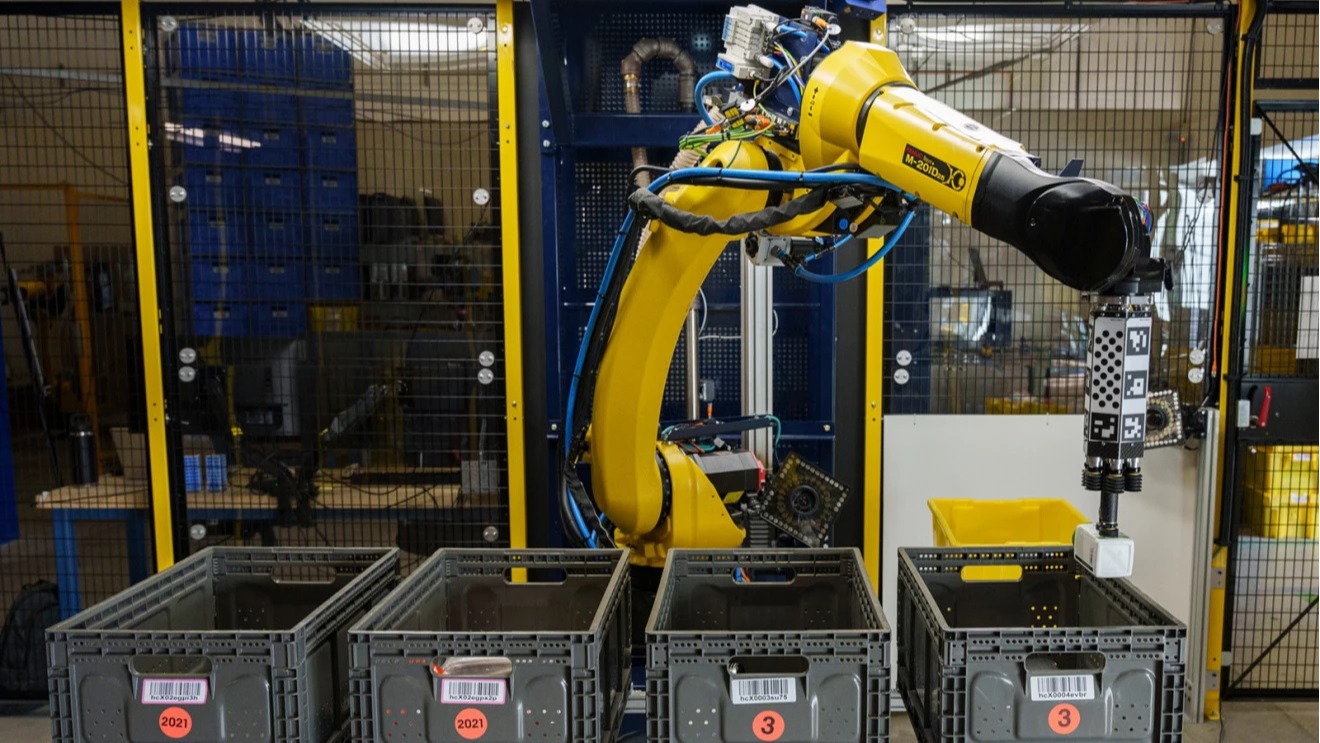Lawmakers at the European Commission have proposed a new cyber defence policy to tackle the continent’s "deteriorating security environment" since the Russian invasion of Ukraine.
In a joint communication to the European Parliament and Council, officials argued that the invasion has been “a wake-up call for all questioning the EU’s approach to security and defence,” with “a growing number of cyberattacks targeting military and civilian critical infrastructure in the EU”. It specifically cites a number of attacks from state and non-state actors on energy networks, transportation, infrastructure and space assets.
The document’s publication comes after the EU Council tabled a proposal in May for a cyber defence policy.
The measures detailed include establishing an EU Cyber Defence Coordination Centre while also encouraging member states to actively participate in Military Computer Emergency Response Teams (MICNET). It also calls for the creation of a programme similar to MICNET for civilian cyber incident responders.
It says: “The lines between the civilian and military dimensions of cyberspace are blurred as seen in the recent attacks on energy networks, transport infrastructure and space assets. It also illustrates the interdependency between physical and digital infrastructure, and the potential for significant cybersecurity incidents to disrupt or damage critical infrastructure.
“It is a stark reminder that the EU needs close military and civilian cooperation in cyberspace to become a stronger security provider.”
Commenting on the 22-page document’s publication, European Commission vice president Josep Borrel said: "Cyber is the new domain in warfare. To be up to the challenges and threats ahead of us, we need modern and interoperable European armed forces equipped with the latest cyber defence capabilities."
Latest News
-
TikTok finalises deal to split US operations from Chinese parent
-
Ubisoft scraps several titles and studios to reduce costs
-
Macy's deploys ad server tech to improve media network
-
Tesco announces 10-week trial of new crime reporting platform
-
Jeff Bezos’ Blue Origin announces space-based internet network to rival Musk’s Starlink
-
Starling and Lloyds Bank IT leaders named AI champions by UK government
The future-ready CFO: Driving strategic growth and innovation
This National Technology News webinar sponsored by Sage will explore how CFOs can leverage their unique blend of financial acumen, technological savvy, and strategic mindset to foster cross-functional collaboration and shape overall company direction. Attendees will gain insights into breaking down operational silos, aligning goals across departments like IT, operations, HR, and marketing, and utilising technology to enable real-time data sharing and visibility.
The corporate roadmap to payment excellence: Keeping pace with emerging trends to maximise growth opportunities
In today's rapidly evolving finance and accounting landscape, one of the biggest challenges organisations face is attracting and retaining top talent. As automation and AI revolutionise the profession, finance teams require new skillsets centred on analysis, collaboration, and strategic thinking to drive sustainable competitive advantage.
© 2019 Perspective Publishing Privacy & Cookies









Recent Stories